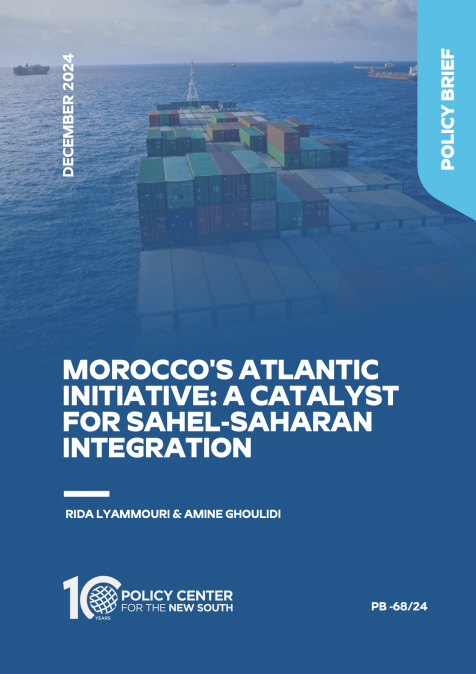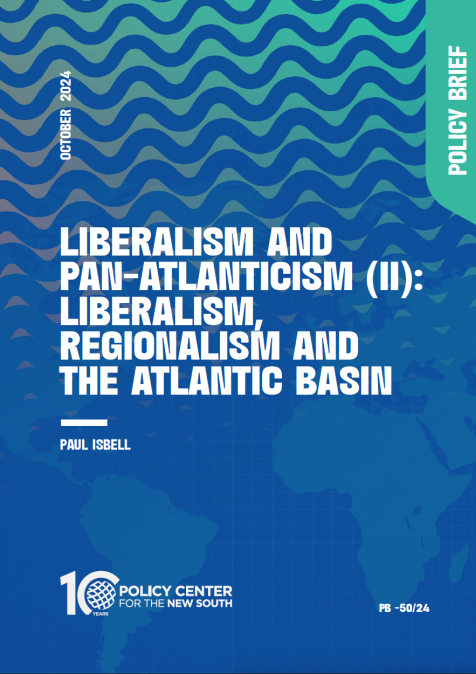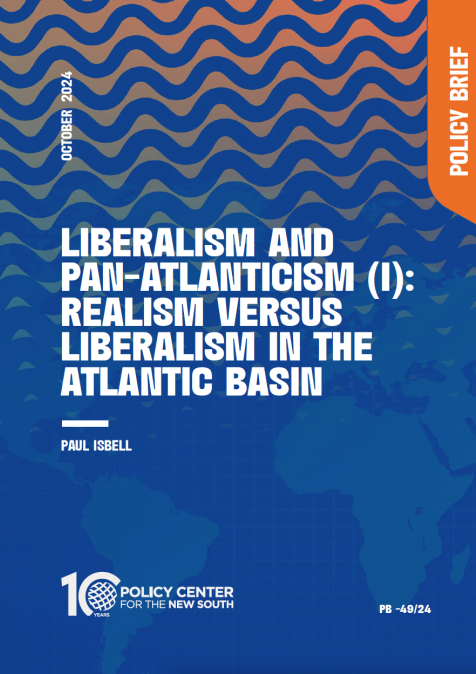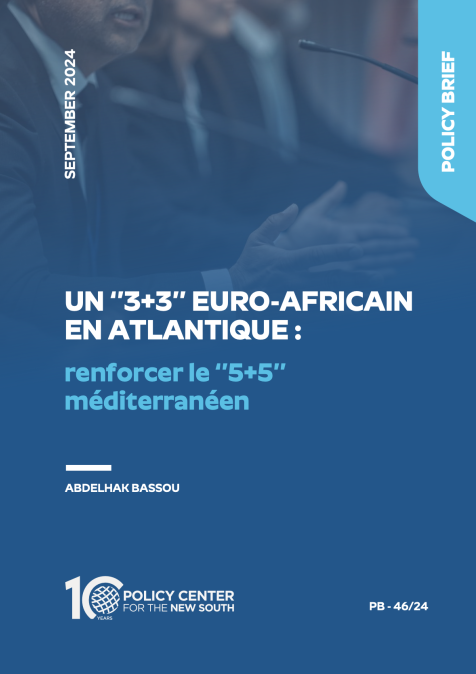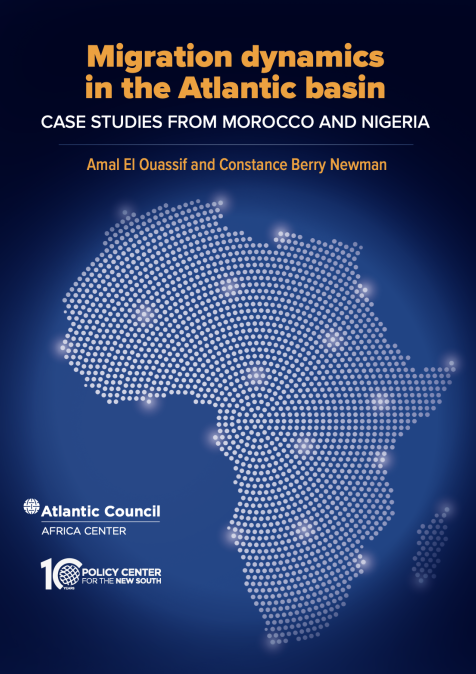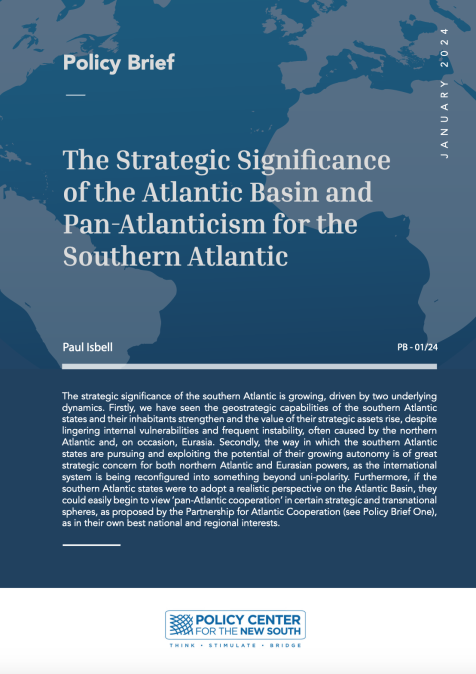Interview: Ian O. Lesser - Director Foreign & Security of German Marshall Fund
February 25, 2014
Speakers

Ian Lesser
Vice President; Executive Director, Transatlantic Center, The German Marshall Fund of the United States, Brussels
Staff Expert Ian Lesser Vice President, Foreign Policy; Executive Director, Transatlantic Center Brussels Expertise: Policy, NATO / Mediterranean & Middle Eastern Affairs / North-South Relations / Terrorism / Proliferation / International Security & Geopolitics / Energy Related Topics: Security and Defense, European Union, Wider Atlantic, Mediterranean , Mediterranean Strategy Group, Turkey, Grexit, NATO, NATO and the Mediterranean, Understanding America Ian Lesser is vice president for Foreign Policy at The German Marshall Fund of the United States (GMF) and a member of GMF’s executive team, managing programs across the organization.
He also serves as executive director of the Transatlantic Center, the Brussels office of GMF, and leads GMF’s work on the Mediterranean ...


